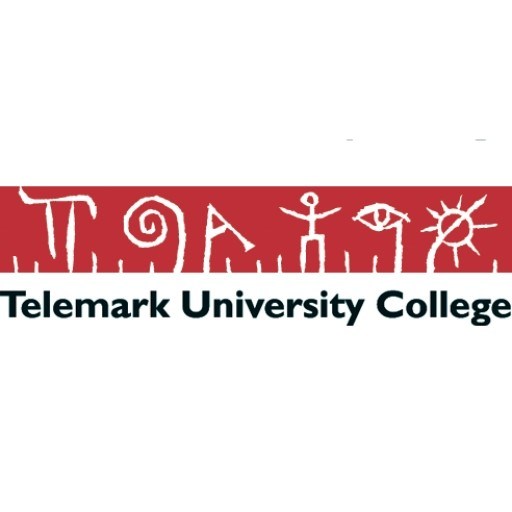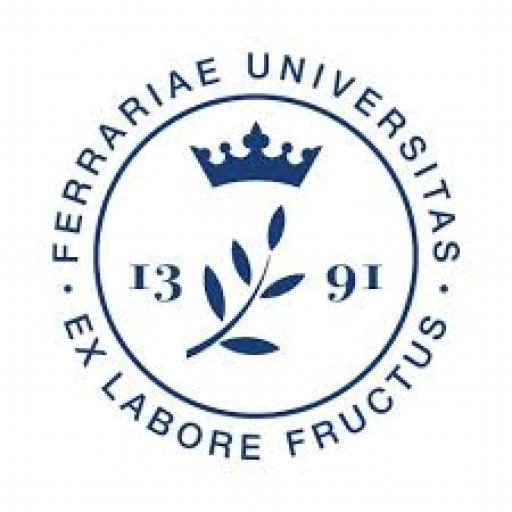Environmental science is an interdisciplinary academic field that integrates physical and biological sciences, (including but not limited to Ecology, Chemistry, Biology, Soil Science, Water, Geology and Atmospheric Science) to the study of the environment, and the solution of environmental problems.
Environmental science provides an integrated, quantitative, and interdisciplinary approach to the study of environmental systems.
Emphasis will be placed on how and why different management strategies can contribute to sustainable use, conservation / protection and the recovery of natural and environmental resources. The study program is research and management oriented and provides thorough experience of laboratory and fieldwork.
The study program consists of various courses comprising in total 60 ECTS and a Master's thesis (60 ECTS). The teaching is largely based on one-week modules, and laboratory and field-oriented teaching. It provides a flexible study program, and places high demands on students' ability to work independently.
Combining theory and practice is central throughout the program. This will provide the students with necessary theoretical knowledge as well as practical experience required to be prepared for employment or further studies. The Master thesis is based on independent study under the supervision of Professors.
Environmental Science at Telemark University College offers a comprehensive curriculum designed to equip students with vital knowledge and practical skills to address pressing environmental issues. The program emphasizes an interdisciplinary approach, integrating natural sciences, social sciences, and technology to understand complex environmental systems and human impacts on the environment. Students will explore key topics such as ecology, climate change, sustainability, environmental policy, and resource management. The coursework includes both theoretical lectures and hands-on fieldwork, enabling students to apply their knowledge in real-world settings. Participants will engage in laboratory experiments, environmental assessments, and project work, fostering critical thinking and problem-solving abilities essential for effective environmental management. The program also highlights the importance of sustainable development principles and prepares students to contribute to environmental protection initiatives across various sectors, including government, industry, and non-governmental organizations. Throughout their studies, students will develop communication skills necessary to inform and influence stakeholders, advocate for environmentally responsible policies, and promote sustainable practices. The program aims to foster a holistic understanding of environmental challenges, encouraging students to become proactive and innovative solutions providers. Graduates will be well-equipped to pursue careers in environmental consultancy, conservation, resource management, environmental education, or further academic research. The curriculum is constantly updated to reflect the latest scientific advancements and policy developments, ensuring students receive relevant and current education. Collaboration with local communities, environmental agencies, and international organizations is an integral part of the program, providing students with valuable networking opportunities and practical experience. Overall, the Environmental Science program at Telemark University College strives to cultivate environmentally aware professionals committed to making a positive impact on society and the planet.
Tu Telemark University College, financing studies in Environmental Science are primarily funded through a combination of national and European financial aid schemes, student self-financing, and scholarships. Norwegian students generally benefit from the state-funded educational system, which means tuition fees are waived for Norwegian and EU/EEA students, allowing access to quality higher education without direct tuition costs. However, students are responsible for covering living expenses, including accommodation, food, study materials, and transportation, which constitute the main financial burdens during studies.
International students from outside the EU/EEA are usually required to pay tuition fees, which vary depending on the specific program and year of study. These fees are intended to cover the cost of instruction, facilities, and administrative expenses associated with the Environmental Science program. Telemark University College offers scholarship opportunities aimed at both Norwegian and international students to assist with tuition costs, including partial and full scholarships based on academic merit or financial need.
In addition to government and institutional support, students can apply for student loans and grants through the Norwegian State Educational Loan Fund (Lånekassen), which provides financial aid for Norwegian residents and eligible international students. These loans help students finance their living costs during their study period and are repayable upon graduation or after leaving studies.
Students are also encouraged to seek external funding sources such as research grants, educational funds, and private scholarships available from environmental organizations, foundations, and governmental agencies interested in promoting environmental research and education. Some students may also supplement their finances via part-time employment, either within the university’s support services or in local businesses, to manage their day-to-day expenses.
Overall, financing for Environmental Science studies at Telemark University College is well-structured to support Norwegian students through government aid, while international students are supported via tuition fees and scholarship opportunities, supplemented by external funding and personal income. The university offers guidance and resources to assist students in navigating financial planning and applying for available support options.
The Bachelor of Science in Environmental Science at Telemark University College offers students comprehensive knowledge and practical skills related to environmental processes, sustainability, and ecological management. The program is designed to prepare graduates for careers in environmental consultancy, conservation, resource management, and policy development. Throughout the course, students explore the fundamental scientific principles underlying environmental issues, including ecology, geology, chemistry, and biology, with a focus on real-world applications and sustainable solutions.
The program emphasizes an interdisciplinary approach, integrating natural sciences with social and economic considerations to address complex environmental challenges. Students have opportunities to engage in fieldwork, laboratory experiments, and project-based learning to develop hands-on experience. Courses cover topics such as climate change, pollution control, renewable energy, environmental law, and ecological monitoring, equipping graduates with a broad perspective on contemporary environmental concerns.
Telemark University College collaborates with industry partners and environmental organizations to provide internships and practical training, fostering connections within the sector. The program also promotes critical thinking, problem-solving, and communication skills, which are essential for effective environmental management and policy advocacy. Students are encouraged to participate in research projects and attend seminars and conferences to stay updated on latest developments.
Graduates of this program are well-positioned to work in government agencies, non-governmental organizations, consulting firms, and research institutions. The program often includes international elements, such as exchanges or joint projects, reflecting the global relevance of environmental issues. Overall, the curriculum aims to produce environmentally responsible professionals dedicated to promoting sustainable development and protecting natural resources for future generations.









